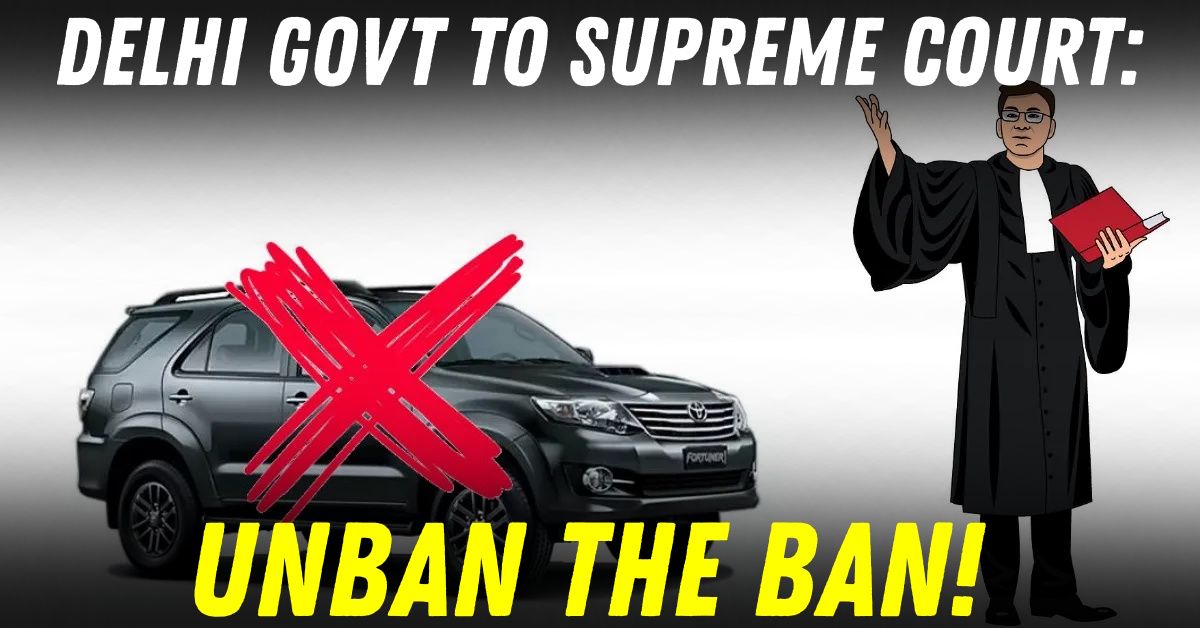Old Car Ban Is Unscientific: Delhi Govt to Supreme Court


In a significant move, the Delhi government has taken a stand against the Supreme Court's directive from seven years ago, which bans older vehicles from the roads of the capital. The directive, aimed at curbing pollution, restricts diesel vehicles older than ten years and petrol vehicles older than fifteen years from operating in the National Capital Region.
However, the Delhi government, led by Rekha Gupta, argues that this age-based restriction lacks scientific support and unfairly targets middle-class families without effectively tackling the issue of air pollution.
At the heart of the government's challenge is a call for a shift towards emission testing to determine a vehicle's roadworthiness. Environment Minister Manjinder Singh Sirsa has been vocal about the need for a "forensic, data-driven evaluation" of vehicle emissions, suggesting that not all old vehicles are significant contributors to pollution. This stance is bolstered by the introduction of Bharat Stage VI (BS-VI) emission standards in April 2020, which brought about significant reductions in pollutants from vehicles.
The Delhi government points to the advancements in vehicle technology and the implementation of BS-VI norms, which have led to a dramatic decrease in emissions. For instance, BS-VI diesel engines emit 80% less particulate matter and 70% fewer nitrogen oxides per kilometre compared to their predecessors. These improvements challenge the rationale behind age-based bans, especially when well-maintained older vehicles can meet current emission standards.
The review petition also highlights how other major economies, such as the United States, Japan, and European Union countries, manage vehicular pollution without resorting to age-based bans.
These regions focus on emissions testing and monitoring to regulate pollution, a practice that supports the argument for evaluating vehicles based on their actual environmental impact rather than their age.
Moreover, the petition sheds light on the disproportionate burden that the current restrictions place on middle-class families. Many depend on their older, yet well-maintained, vehicles for daily transportation. The government argues that vehicles passing emission tests should not be subject to bans, emphasizing pollution as the criterion for regulation, not the vehicle's age.
The Delhi government's challenge is not just about reversing a court order but advocating for a policy shift towards more scientific and equitable approaches to addressing vehicular pollution. With the Supreme Court set to hear the petition, the outcome could have far-reaching implications for pollution control measures across India.
The government's push for emission-based criteria over age-based restrictions could pave the way for more nuanced and effective environmental policies. It underscores the need for policies that balance environmental goals with technological realities and the socio-economic context of vehicle owners.
As the debate unfolds, the Delhi government's stance against the old car ban highlights a critical juncture in India's ongoing battle against air pollution. The call for a more scientific and fair approach to vehicle regulation reflects broader questions about how best to achieve environmental protection while ensuring economic equity and respecting the advances in vehicle technology.